Sharing Basics

Most children do not come into this world as natural sharers. But as cute as they are, and as hard as it may be to take their currently obsessed-over toy and put it in another child's arms, every human being needs to learn how to share at some point. "Learning the skill and value of sharing enables children to successfully and responsibly meet their need for love, belonging and connecting," noted Dr. Nancy S. Buck, developmental psychologist, author and founder of Peaceful Parenting.
The Timeline

When can you expect your child to start sharing? Buck explained that children cycle through cooperative and competitive stages. Cooperative stages are best for learning sharing. "From birth to about eight months it's about survival. Then cooperative stage starts until age two-ish," she said. The terrible twos start as a competitive stage. "This lasts for about six months then back to the cooperative stage. This back and forth switching takes place about every six months and lasts until around age 7," said Buck.
Model Sharing

Model this positive behavior yourself by sharing your food, belongings and feelings with your child, friends, spouse and any other children. To make the most impact, Buck suggested you "tell the child what you are doing and why you are doing it."
RELATED: Teaching Your Child to Share
Praise Them
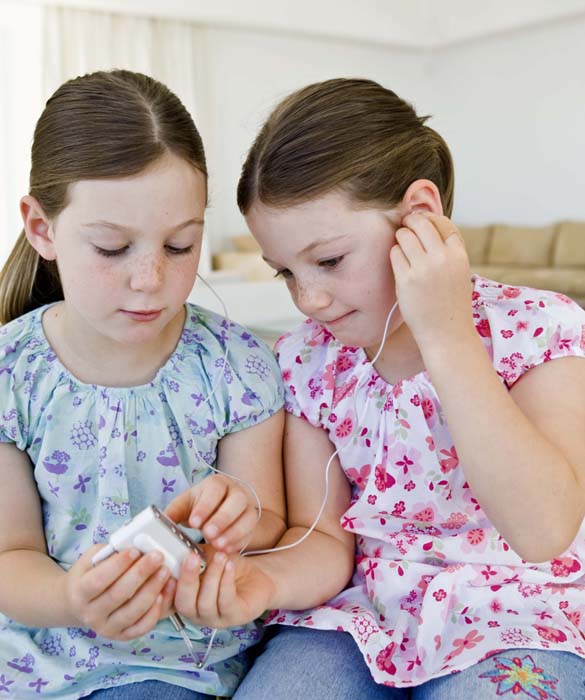
"If your child shares, make sure you acknowledge this in a positive way," said Jennifer Weberman, Psy.D., a psychologist, parent coach and founder of the website Parenting Playground. She advised focusing on the trait your child's building. For example, try "What a big heart you have!" or "That took a lot of patience."
Read Stories About Sharing
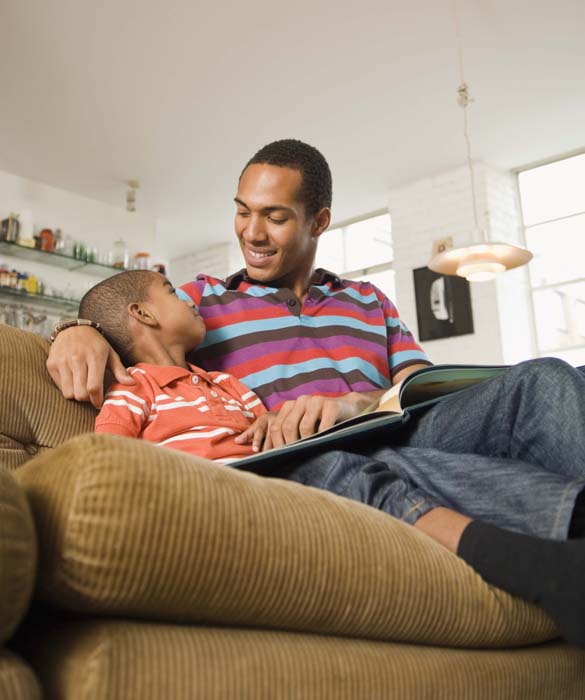
Read lighthearted children's books that focus on sharing, advised Buck. You can also make up your own stories or share examples of sharing you've encountered. Afterward, discuss how the characters may have felt about sharing and how that made their lives better.
Teach Empathy

An effective way to encourage your child to share is by teaching her empathy. This helps your child understand that other people have feelings, too. Once your child can empathize with others, she will be more likely to take others' feelings into consideration and thus be more likely to share.
RELATED: Baby's Developmental Milestones
Point Out Sharing
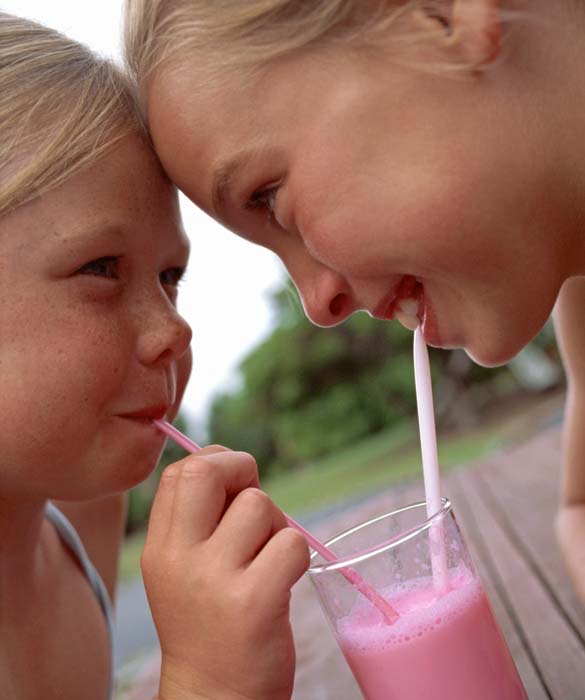
Be aware of situations that show off sharing to good effect and discuss those with your child right at that moment. "Take note when others around you are sharing and point it out to your little one to show them that this is a quality you admire," advised Weberman. You can also point out when someone isn't sharing and ask your child what could have been done instead.
Resolve an Issue
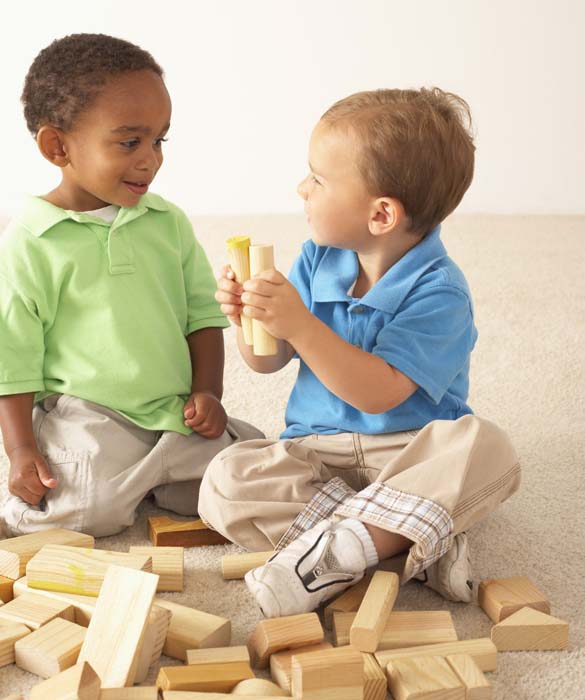
If you notice your child is arguing with another child over an object, use the opportunity to teach your child how to resolve the problem by sharing. For example, Buck said to encourage "taking turns, playing with the toy together or finding another toy of equal value."
Opportunites for Sharing
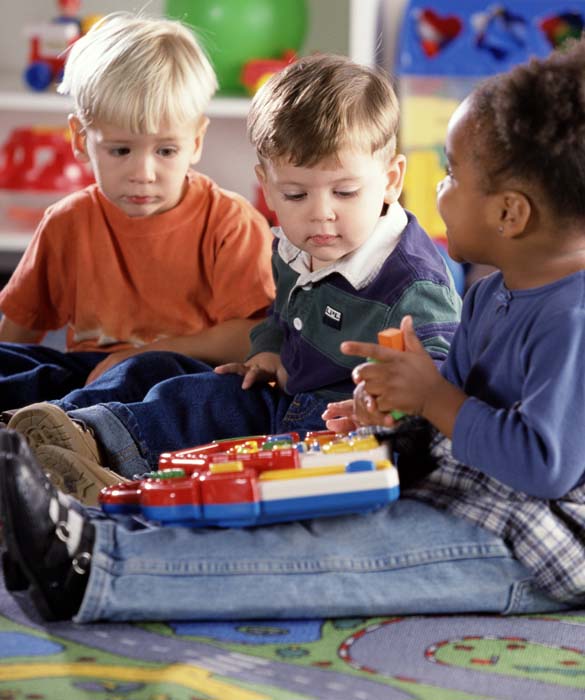
Put your child in situations where sharing issues will inevitably come up. Examples are play dates with other children, birthday parties or a visit to the playground. "You may want to put his favorite toys away if you think he will resist sharing them," noted Weberman.
RELATED: How to Read Your Baby's Mind
Play Games

Give sharing a positive spin by making it part of a good experience. "Play a game where sharing is part of the fun," advised Buck. "Parents can either make one up or buy one. Having fun while teaching the value and skill of sharing is powerful."
Sharing Takes Time
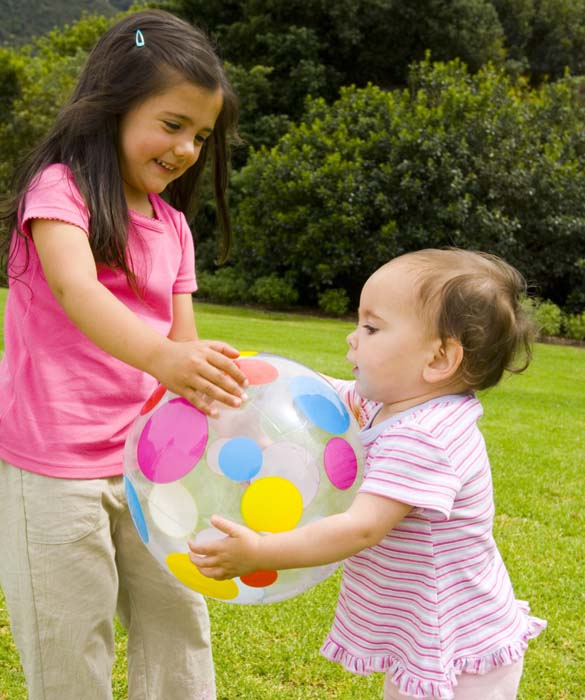
Teaching even the most easygoing child how to share is not something that happens overnight. It's not something that happens in a week, month or year, either. Teaching how to share is an ongoing process that involves leading by example, pointing out sharing and non-sharing when it happens and nurturing your child's ability to empathize with others. So mix and match, see what your child responds to and know that it is a work in progress.



